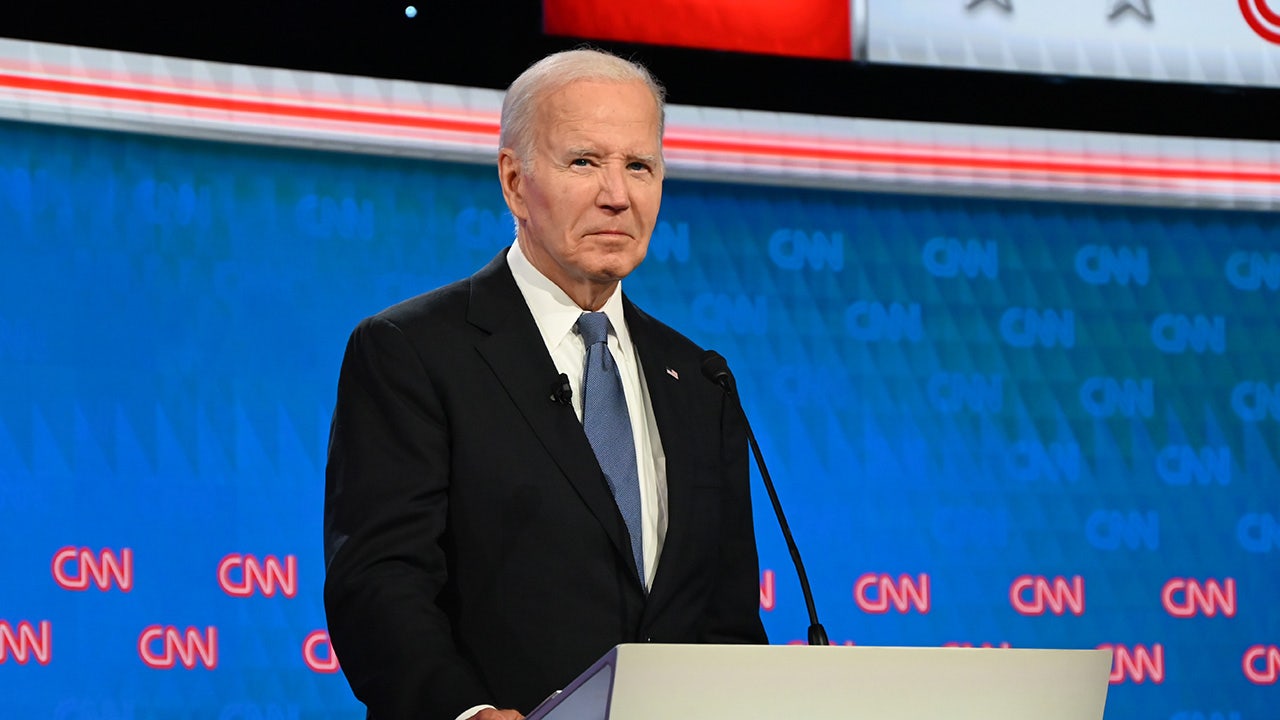The Unprecedented Exit of a President
Former President Joe Biden’s decision to step down from the 2024 presidential race marked a significant moment in American political history. Exactly one year ago, on July 21, 2024, Biden announced his withdrawal, an action that came after a series of intense debates and pressure from within his own party.
The announcement followed a debate performance against then-President Donald Trump on June 27, 2024, in Atlanta, where Biden struggled with basic questions. This event led to increased scrutiny and calls for him to step aside. Despite this, Biden initially refused to withdraw, maintaining that he intended to face Trump in the November 2024 election.
However, after persistent demands from Democratic leaders, including former Senator Jon Tester and Senator Joe Manchin, Biden finally issued a statement. He claimed that it was in the best interest of his party and the country for him to step down and focus on his duties as president for the remainder of his term.
A Shift in Leadership
Biden’s exit had immediate consequences for the Democratic Party. He endorsed Vice President Kamala Harris to take his place in the race. Historians have noted that the timing of his withdrawal was critical. According to Alex Keyssar, a history professor at Harvard Kennedy School of Public Policy, Biden’s late decision made it difficult to separate his departure from the context of his poor debate performance.
Keyssar emphasized that Biden’s choice to remain in the race despite clear signs of struggle was seen as a major mistake. This decision may have cost the Democratic Party the presidential election, according to Keyssar.
Historical Precedents
Biden’s decision to drop out of the race is rare. Few presidents have chosen not to run for reelection, and even fewer have done so during a campaign. The last time a candidate withdrew in such a manner was nearly 60 years ago.
Historical examples include Harry S. Truman, who left the race due to low polling, and Lyndon B. Johnson, who decided not to run again amid tensions from the Vietnam War and internal party conflicts. However, both Truman and Johnson withdrew months before Biden did, leading to less disruption for their parties.
Tevi Troy, a presidential historian, pointed out that Biden’s late withdrawal caused significant turmoil for the Democratic Party. He noted that the history of incumbent parties after an incumbent drops out late is not favorable, as seen in the cases of Truman, Johnson, and Biden.
Ongoing Investigations and Public Perception
Since Biden’s withdrawal, there have been multiple books published detailing his final days in office, his mental state, and the challenges faced by the Democratic Party. Additionally, ongoing investigations are taking place on Capitol Hill concerning Biden’s cognitive decline and potential unauthorized executive actions during his presidency.
Biden’s approval ratings reflected the public sentiment. His rating reached a high of 57% from January 2021 to April 2021 but dropped to a low of 36% in July 2024, according to Gallup.
Despite the current perception, Keyssar believes that time may soften public opinion toward Biden’s presidency. As an historian, he envisions a future where Biden’s legacy will be viewed more positively, focusing on his achievements and personal qualities.
Legacy and Reflection
Biden’s decision to step down has had lasting implications for his legacy and the Democratic Party. The timing and circumstances of his exit have sparked discussions among historians and analysts. While some view his decision as a significant misstep, others believe that future generations may look back more favorably on his contributions.







